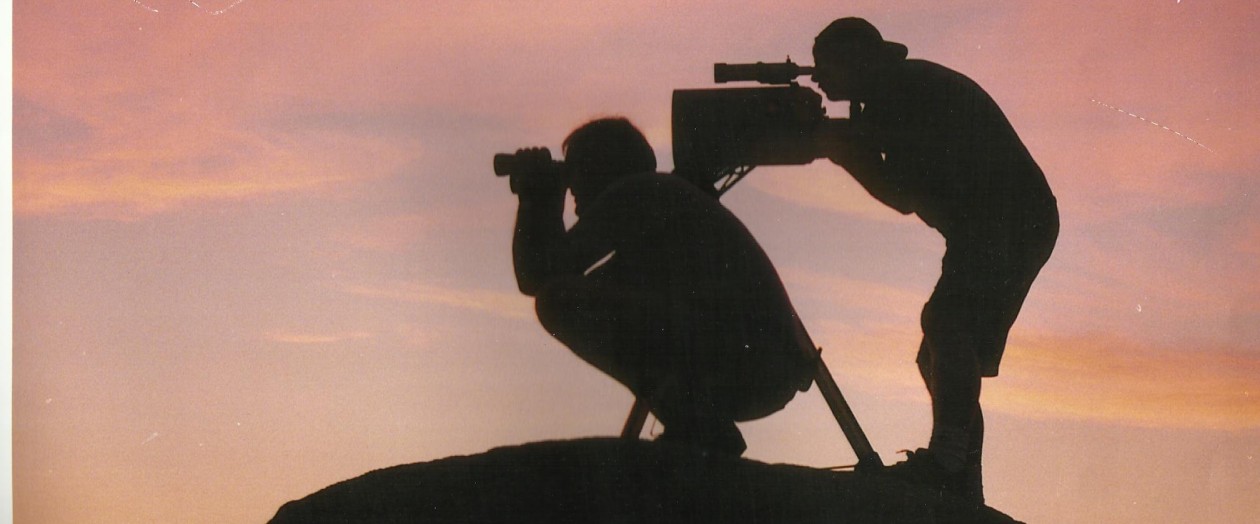https://forward.com/forverts-in-english/538796/charles-dickens-a-friend-of-the-jews/
In 1912 who knew?
From https://congressforjewishculture.org/lexicon/t/2919
to
https://en.wikipedia.org/wiki/Zionist_Federation_of_Great_Britain_and_Ireland recovering their cooperative ego.
From https://www.jstor.org/stable/30245640 page 23
At the assembly of the New Society representatives that has been
convened to elect a new president, Dr. Marcus, head of the Jewish Acad-
emy (the supreme intellectual institute of the New Society) delivered the
opening address. He says emphatically:
We have come here not to choose a head of a state, since we are not a state
[denn wir sind kein Staat] …
We are simply a cooperative society, a large cooperative society [Genos-
senschaft], composed of many smaller cooperative associations of different kinds. And this, our congress, is really nothing more than the general
assembly of the cooperative commonwealth, which is called the New Society.
Yet all of us feel that more is involved than the purely material interests of an economic cooperative aimed at earning money. For we build parks and
establish schools; we also concern ourselves with matters that transcend the exact and utilitarian approach [Niitzlichkeit] to things, that is, with
beauty and wisdom. For beauty and wisdom are of great merit for our commonwealth. We believe that an ideal is fruitful and of great advantage for a community. Let us say it at once-an ideal is indispensable.””3 [Emphases added-UZ]
That skews these following historical reports…
Enslavement in the Ottoman Empire is important because the Ottoman Empire was the most important Islamic power between the mid-fifteenth to the late nineteenth century. Its territory stretched at its peak from the western Mediterranean to the Persian Gulf and from southern Poland to southern Sudan. The numbers involved in Ottoman enslavement were considerable. From the sixteenth to the eighteenth century, the two major reservoirs of imported slave labour were the Ukrainian steppe (from where about 2 million people were drawn) or from the Mediterranean (from where 1.5 million people came to Ottoman lands). In the eighteenth and nineteenth centuries, the major sources of slavery were Caucasians, mainly from Circassia and Georgia, as well as Africans, from the Nile Valley.Footnote122
https://yivoencyclopedia.org/article.aspx/trade
Commercial activity was the mainstay of Jewish economic life in Eastern Europe from the medieval period until the mid-twentieth century. However, its significance went beyond the incomes that it brought to Jewish society and helped support not only individuals and families but also the communal infrastructure. For many centuries, non-Jewish authorities viewed Jews’ success in the field of trade as the very raison d’être for Jewish settlement in Eastern Europe. The support that trade brought Jews allowed them to overcome their neighbors’ attempts to exclude them from urban life. Trade was thus a political factor in Jewish social development. In addition, Jewish trading networks, important for economic success, helped strengthen ties between different centers and so contributed to the development of transnational elements in East European Jewish culture.
The vitality of Jewish trade over the centuries is best explained as the result of a number of historical factors. These include Jews’ familiarity with monetary transactions in the Middle Ages when local merchants were still inexperienced; Jews’ economic flexibility (born of their exclusion from established economic institutions); the relative weakness of the non-Jewish urban population; and the policy of turning the economic services Jews gave to non-Jewish authorities into political support.
The Middle Ages
The first information about Jewish merchants in Eastern Europe dates from about the tenth century. In this period, Jews took part in the slave trade between Central Asia, Khazaria, Byzantium, and Western Europe (in particular the Iberian Peninsula). Important stopping points on the trade routes included Prague, Kraków, and Kiev, towns in which Jewish colonies developed. During the twelfth century, Jews were excluded from this trade, due in part to church opposition to their dealing in Christian slaves.
Memories burned into the soul need no special phrase to retain.
From this point on in the article, a number of examples of Jewish trading practices are mentioned that are a source of aggravation or anger depending on the scale used, such as entering wholesale trade thus avoiding direct clashes with urban authorities and then retail trade outside the municipal guilds that put them in a favorable position with the rising nobility.
…With the backing of the nobility, Jewish merchants were better able to break into urban markets. Those Jews who acted directly as business agents for noblemen were also able to extend the latter’s exemption from taxes and customs duties to cover their own goods as well. The urban fairs, at which all monopolistic restrictions were lifted, attracted many Jewish merchants, who became highly mobile and traveled from town to town. As a result, more women were involved in trade, keeping shop while their husbands traveled or helping make sales in the marketplace.
It’s never a good time to shift the boundaries of trade away from the warm and fuzzy norm and into a market environment that also introduces a concept of one sided political influence. That tends to make a reputation for one class and builds a suspicious attitude into the other.
Most players in that game accept that and the accompanying caveat, if you can’t stand the heat, stay out of the kitchen. Isn’t there a psychological term for those who insist on their innocent specialness and instigate legal actions against those who question them? Guilt, maybe?
A closing quote from https://www.jewishnews.co.uk/my-two-shekels-what-can-british-progressive-jews-learn-from-americans/
The URJ biennial showed clearly that American Reform Judaism is leading the way. As US Vice President Joe Biden put it, regarding the social action work of the URJ: “Where you lead, the rest of the nation eventually follows.” And I’m sure the rest of the Progressive Jewish world will follow too…
Who would know that sad truth better than Joe?
